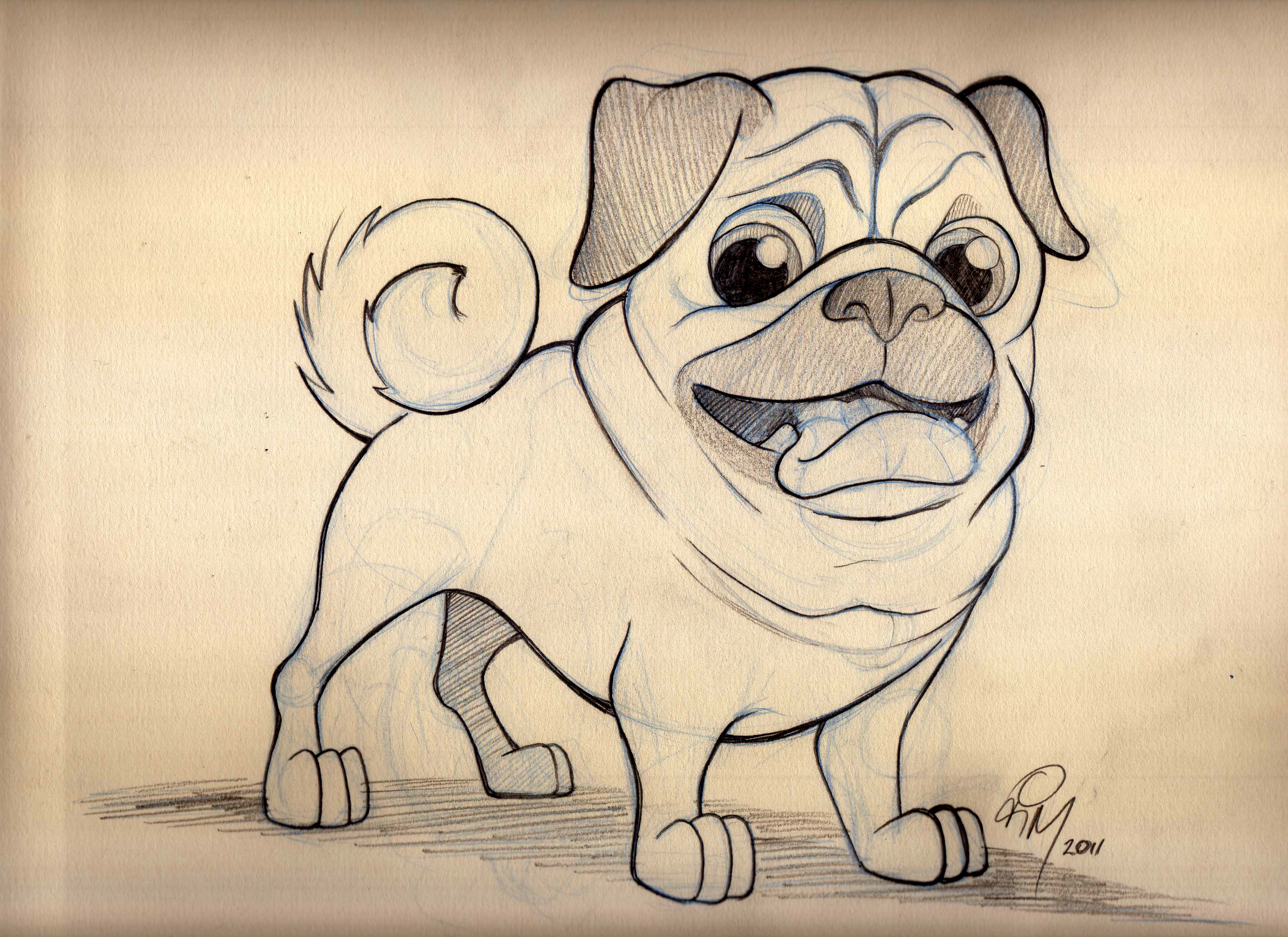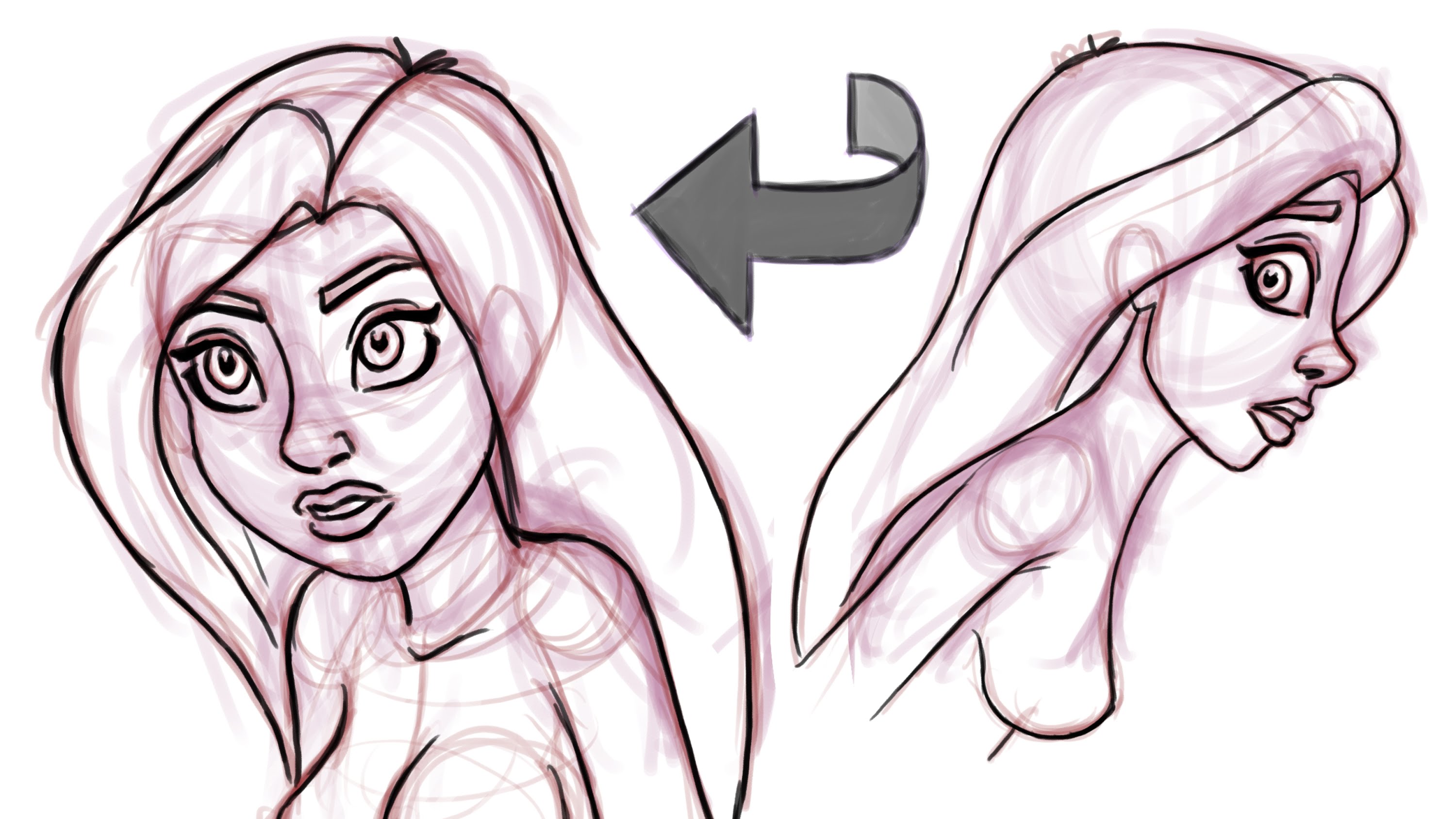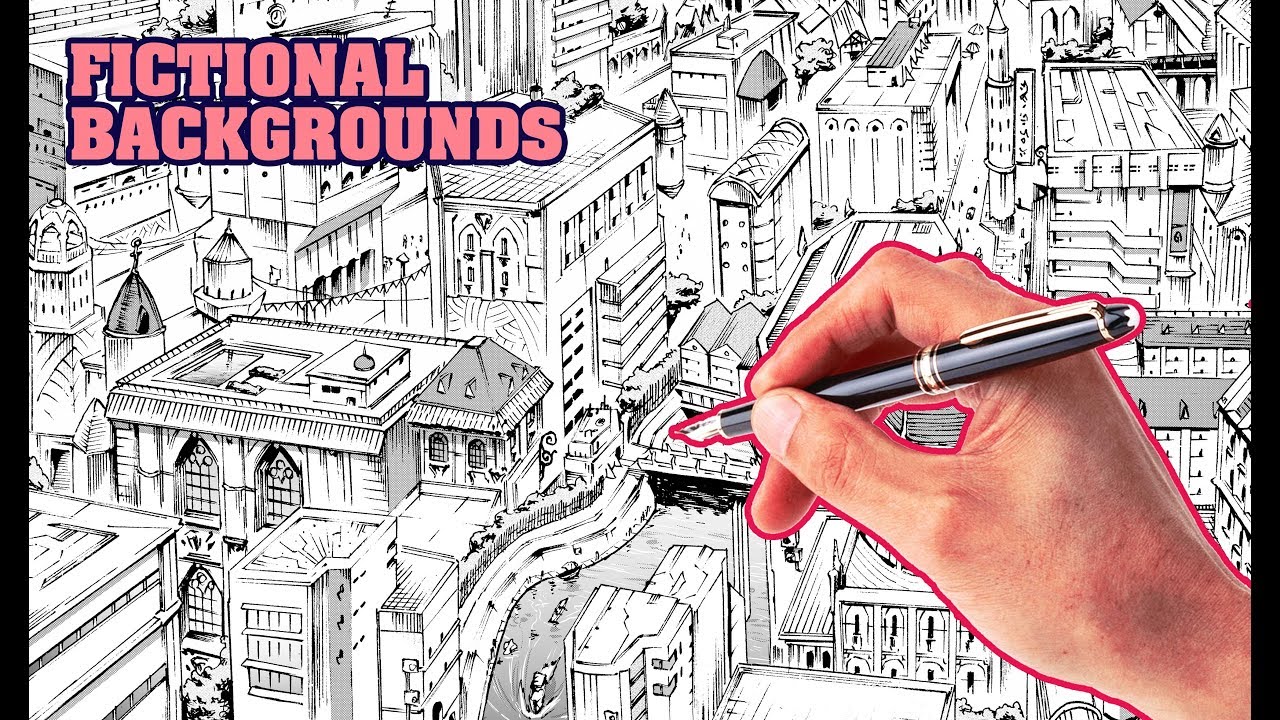Pug timmcfarlin weaponix schnauzer boop
Table of Contents
Table of Contents
Are you interested in animation and want to learn how to draw backgrounds for it? Backgrounds are essential in any animation, from creating a believable setting to bringing a scene to life. In this article, we will discuss how to draw backgrounds for animation and provide tips and tricks that will make the process easier for you.
Pain Points of Drawing Backgrounds for Animation
Drawing backgrounds can be a daunting task, especially for beginners. The process can take a long time and requires attention to detail. Another challenge is creating a background that is both accurate and visually appealing.
Answer to How to Draw Backgrounds for Animation
Before you start drawing, it is essential to understand the purpose of the background. A background should convey the mood and setting of the scene accurately. Once you have defined the purpose, you can start creating a rough sketch of the background.
One of the essential aspects of drawing backgrounds for animation is perspective. Understanding perspective will help you create a more realistic and compelling background. You should also pay attention to the lighting and shadows in the scene, as this can add depth and dimension to the background.
Remember that you can use reference images to help you create backgrounds that are both accurate and visually appealing. Additionally, experimenting with colors and textures can help bring your background to life.
Summary of How to Draw Backgrounds for Animation
When it comes to drawing backgrounds for animation, defining the purpose of the background is essential. Understanding perspective, lighting, and shadows can help create a more realistic background. Additionally, using reference images, experimenting with colors and textures can make a background visually appealing.
Tips and Tricks for Drawing Backgrounds for Animation
As someone who has been drawing backgrounds for animation for several years, I have found the following tips and tricks to be useful:
Tip #1: Use a Grid
 Using a grid is an excellent way to create more accurate backgrounds quickly. You can divide your paper or canvas into even squares and create a rough sketch of the background using those squares as a guide.
Using a grid is an excellent way to create more accurate backgrounds quickly. You can divide your paper or canvas into even squares and create a rough sketch of the background using those squares as a guide.
Tip #2: Mix up Texture
 Adding texture to your background can make it more visually appealing. Experiment with different types of brushes, pencils or try adding a collage, so your background isn’t too flat.
Adding texture to your background can make it more visually appealing. Experiment with different types of brushes, pencils or try adding a collage, so your background isn’t too flat.
Tip #3: Be Organized
Keeping your workspace organized and labeled will save you time in the long run. You should label your supplies, organize your paper or canvas, and have a set schedule to work on your backgrounds.
Perspective and Creating a Believable Setting
Tip #4: Use Two-Point Perspective
 Two-point perspective is an essential part of creating a compelling background. It involves creating two vanishing points on the horizon line, which establishes the height and depth of the setting.
Two-point perspective is an essential part of creating a compelling background. It involves creating two vanishing points on the horizon line, which establishes the height and depth of the setting.
Question and Answer
What colors should I use when drawing backgrounds for animation?
When drawing backgrounds, you should consider the mood of the scene. For instance, if the scene is dark, you could use darker colors to create a more ominous atmosphere. If the scene is light, you could use lighter colors to create a more open setting.
How can I improve my background drawing skills?
Practice drawing as much as possible. Research different art techniques online and incorporate them into your work. Additionally, you can join an online art community to receive feedback from other artists.
Is it necessary to have a drawing tablet when drawing backgrounds?
No, a drawing tablet is not essential when drawing backgrounds. However, it can make the process easier and more efficient, especially when adding textures or color to the background.
What is the purpose of creating rough sketches when drawing backgrounds?
Rough sketches are an essential part of the background drawing process. They allow artists to visualize the scene and layout the composition. Additionally, rough sketches can be used as a reference when creating more detailed artwork.
Conclusion of How to Draw Backgrounds for Animation
Learning how to draw backgrounds for animation takes time and effort. Understanding the purpose, perspective, and lighting can help create a more realistic and visually appealing background. Using our tips and tricks can help make the process easier and improve your overall skills as an artist.
Gallery
Free Download How To Draw Backgrounds FROM SCRATCH Fictional Cityscape

Photo Credit by: bing.com / zhc
Drawing Backgrounds - Google Search | Animation Background, Background

Photo Credit by: bing.com / animation background drawing backgrounds forest classical drawings google behance realistic easy sketch layout wallpaper search landscape dobbie john
1 Drawing HD Wallpapers | Background Images - Wallpaper Abyss

Photo Credit by: bing.com / pug timmcfarlin weaponix schnauzer boop
Animate Drawing At GetDrawings | Free Download

Photo Credit by: bing.com / animate drawing animation drawings head tutorial drawn turns animated getdrawings
Animation Concepts 202: Creating Backgrounds - 9. Drawing The Layout

Photo Credit by: bing.com / animation backgrounds drawing layout





